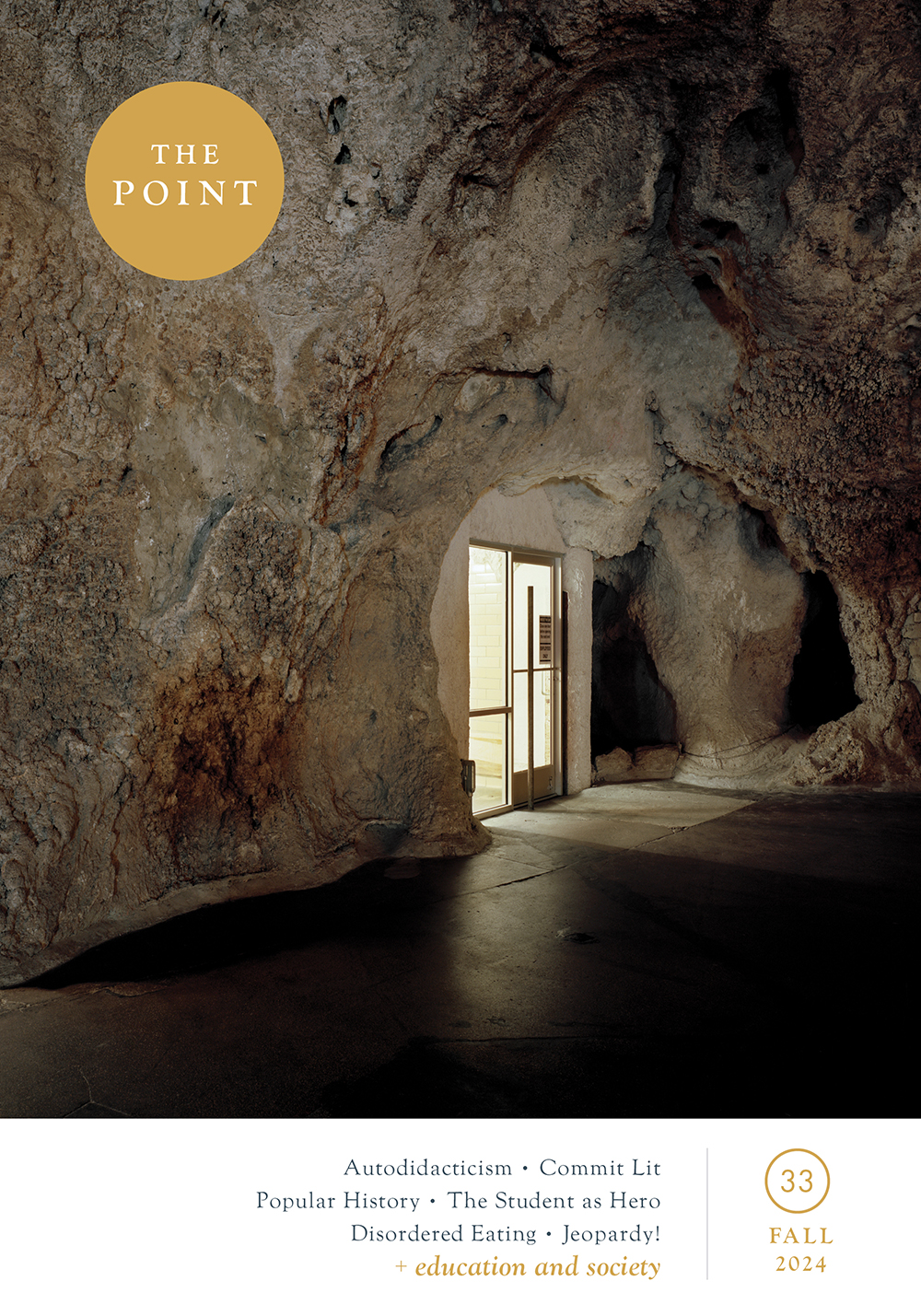As the campus protests against the war in Gaza spread across the country this past spring, affecting hundreds of colleges and resulting in the arrest of some three thousand protesters, academics and intellectuals responded according to a familiar pattern.
Academic philosophers—people for whom philosophy is a profession—like to joke about their discomfort on airplanes.
What role do we really want history to be playing in our public life? And is the history we have actually doing that work?
I was four and a half, and had recently informed my mother that I needed to learn to read by my fifth birthday.
Protest exposes a tension between the university’s intellectual mission and its political ambitions.
“Happy hour at the City Grocery in Oxford, Mississippi is where the whole hip world would spend Thursday night if the Nazis won the war,” I say.
In 2012, at the age of 25, I quit my part-time jobs cooking and cleaning houses and, having dropped out during my first semester seven years earlier, went back to school.
The screen is very tall. It can’t be passed over or under or around or beside, has no gaps or passageways.
Céline wasn’t the first writer to use laughter to explore the abyss, but the history of dark comedy only becomes visible from the perspective established by his prose.
If James is Everett’s most substantial intervention into the culture wars yet, it’s because the novel does not just satirize the politics of racial representation but penetrates to their very root.
Like many women, Simone Weil had a difficult relationship with food.
I took the coward’s way out on Jeopardy!.
